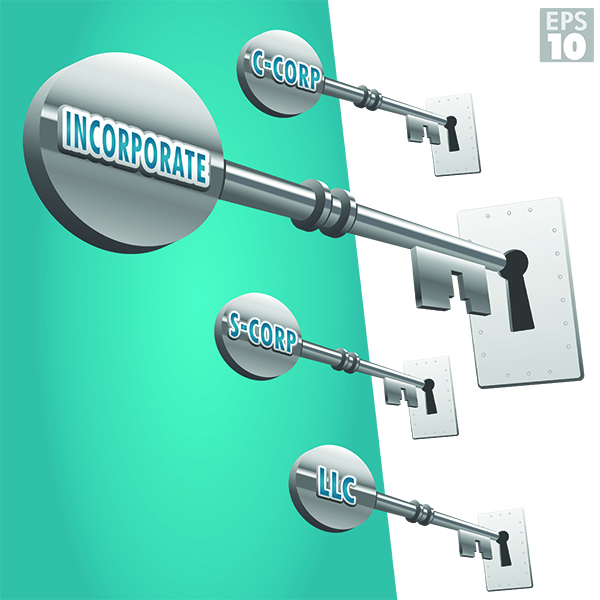Question: Cynthia, I just sold my listing, which is a great thing, but my sellers are in the middle of a not-too-friendly divorce. What are their options for dealing with the sale proceeds, if they cannot come to an agreement during escrow?
Answer: Unfortunately, this is a common problem during escrow. There are so many issues that can come into play during a divorce, and we try to stay out of the conflict. Escrow isn’t qualified to help a divorcing couple come up with a way to split their proceeds, and we want to assist the seller in deciding how the sale proceeds are to be disbursed to avoid delays at closing.
I have seen closed escrows “smolder” for years with large amounts of proceeds sitting in escrow. I have had feuding spouses use a closed escrow as a “joint checking account” to pay bills for months after the close of escrow. I have seen spouses try to use the escrow as their personal battle ground, which can sometimes cause delays in the closing of the escrow.
We encourage divorcing sellers to take one of three options, prior to the close of escrow:
(1) Under the guidance of their own respective attorneys, SETTLE the split before close of escrow. This can be as simple as agreeing to split the proceeds equally (50/50), or it can take into account a complicated formula for having one party pay more of say, the repairs or interest due, or charge him X for the car, credit her Y for the kid’s braces, etc., etc., etc.. As long as the two can agree, and can furnish escrow with clear, mutual instructions, signed by both parties, escrow will be happy to do the math.
(2) Under the guidance of their own respective attorneys, agree to take the battle out of escrow. This is my personal favorite, and it means that the parties agree to have the seller’s net proceeds payable to the trust account of one or both of the attorneys. Sometimes the parties will agree to disburse a portion of the proceeds to each spouse at closing, and to send the balance to the attorney trust account. This will also require clear, mutual instructions, signed by both parties.
(3) An original certified copy of a court order is furnished in escrow, specifically instructing the Escrow Company how to disburse the proceeds.
An important thing to keep in mind is that your escrow officer needs to know early in the process that a potential conflict exists, so that we can work with your sellers to come up with a solution that will not cause a delay to the close of escrow.
 Cynthia Moller
Cynthia Moller
661.362.0400
cmoller@glenoaksescrow.com




